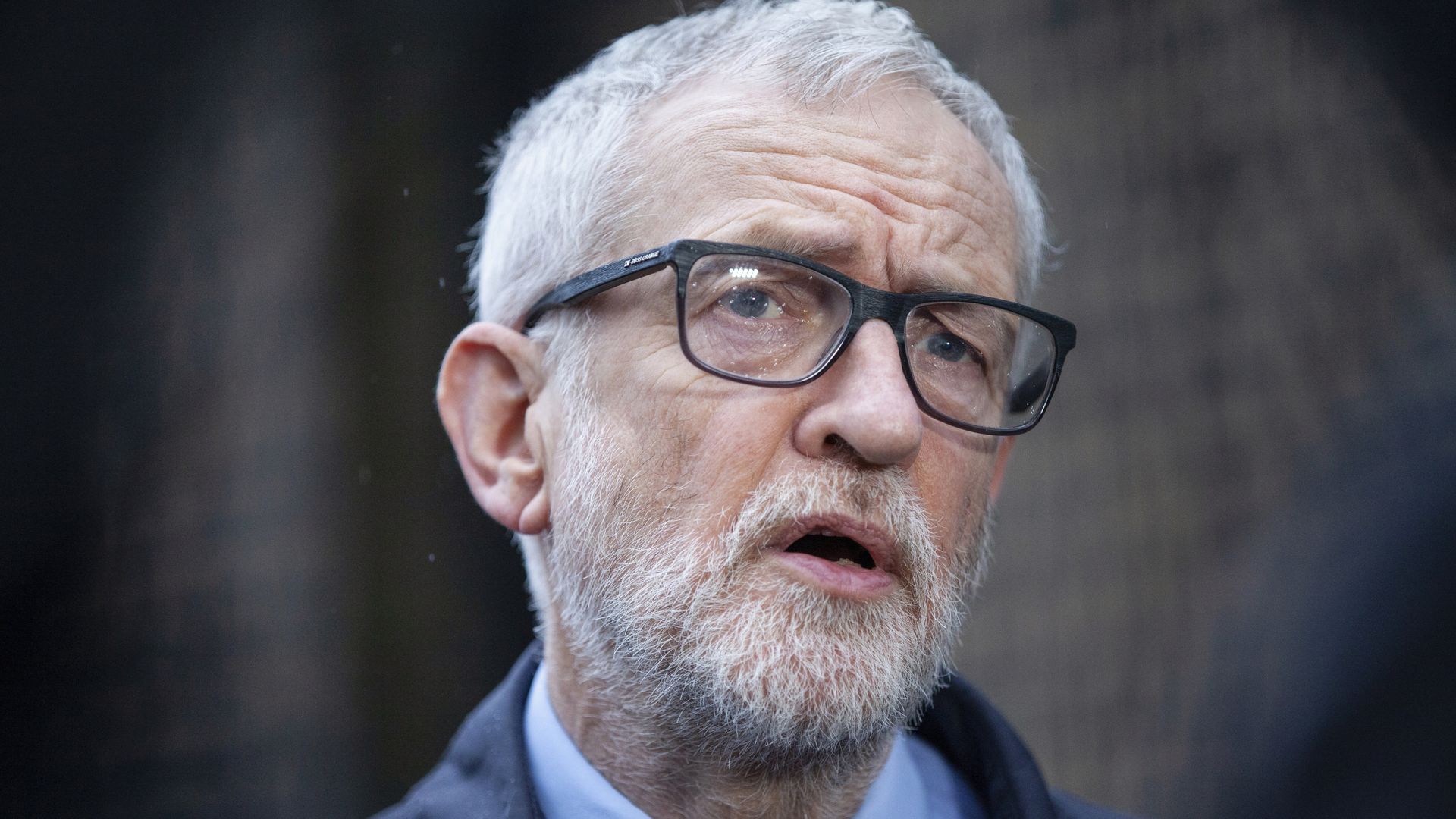Jeremy Corbyn will give a speech in Jamaica in which he will accuse the UK of “dragging its feet” over slavery reparations.
The former Labour leader believes it is “bizarre” for the prime minister and David Lammy, the foreign secretary, to brand reparations as an issue “of the past”, arguing it is in fact “about the present, about the future”.
Mr Corbyn, who now sits as the independent MP for Islington North, is due to give his speech in Kingston, the capital of Jamaica, on Tuesday evening.
He is expected to say: “It is deeply ironic that one of the reasons why reparations are a so-called historic issue is precisely because the West has dithered and delayed for so long.
“The longer Britain continues to drag its feet, the more the case for reparations grows.
Politics latest: Farage’s deputy defends Reform MP who was jailed for assaulting girlfriend
“Decades of colonialism have created a profoundly unequal world that concentrates wealth and power in the hands of the global few. Reparations are about building something new. They are about investing resources…that could now be invested in healthcare, housing and education.”
‘It doesn’t matter’: Reform deputy dismisses court records that say MP kicked his girlfriend
‘Something remarkable is happening with Gen-Z’ – is Reform UK winning the ‘bro vote’?
Chancellor admits it won’t be ‘easy’ for business to absorb costs of national insurance hike
Mr Corbyn’s speech, which he will deliver at the University of West Indies to commemorate the legacy of former prime minister Michael Manley, comes as the UK faces pressure once again for its colonial past – with suggestions there could be negotiations for a potential deal that could see the Elgin Marbles returned to Greece.
Sir Keir Starmer rejected calls for reparations for slavery in October, saying it would lead to “very long, endless discussions” about the past.
The prime minister said while the transatlantic slave trade was “abhorrent”, he believed the countries affected by it would rather the UK help them with contemporary challenges, such as the impact of climate change.
But Mr Corbyn, who was blocked from standing for Labour in the July general election, is expected to say that “populations in countries that have contributed least to climate change will suffer the worst effects” of climate change.
“When governments in the West say that reparations are a thing of the past, they wilfully ignore the lasting inequalities that are putting vulnerable communities at risk of climate disaster,” he will add.
Please use Chrome browser for a more accessible video player
“Reparations are about truth and they are about justice – and that means recognising this nation’s role in crimes against humanity, no matter how uncomfortable that process of reflection may be.
“An important part of that reflection is acknowledging the following truth: Britain’s foundations were built off the backs of others – of generations of enslaved and colonial subjects.”
Speculation about the Elgin Marbles came to a head after Sir Keir met Greek Prime Minister Kyriakos Mitsotakis in Downing Street on Tuesday.
Number 10 said the future of the Elgin Marbles was a matter for the British Museum and there was no mention of the ancient Parthenon sculptures during the meeting.
It followed a report in The Times which said the meeting between the two leaders was organised due to progress in negotiations for a potential deal that could see the sculptures returned to Greece.
Read more:
What are the Elgin Marbles?
Why are Commonwealth leaders asking UK for reparations?
But Downing Street said sculptures were a “matter for the trustees of the British Museum, which is operationally independent of the government”.
Greece has long maintained that the Elgin Marbles were illegally removed from their place high atop Athens’ acropolis during a period of foreign occupation.
Follow our channel and never miss an update
The marble statues came from friezes on the 2,500-year-old Parthenon temple and have been displayed at the British Museum for more than 200 years.
They were removed by Lord Elgin in the early 19th century when he was British ambassador to the Ottoman Empire.





